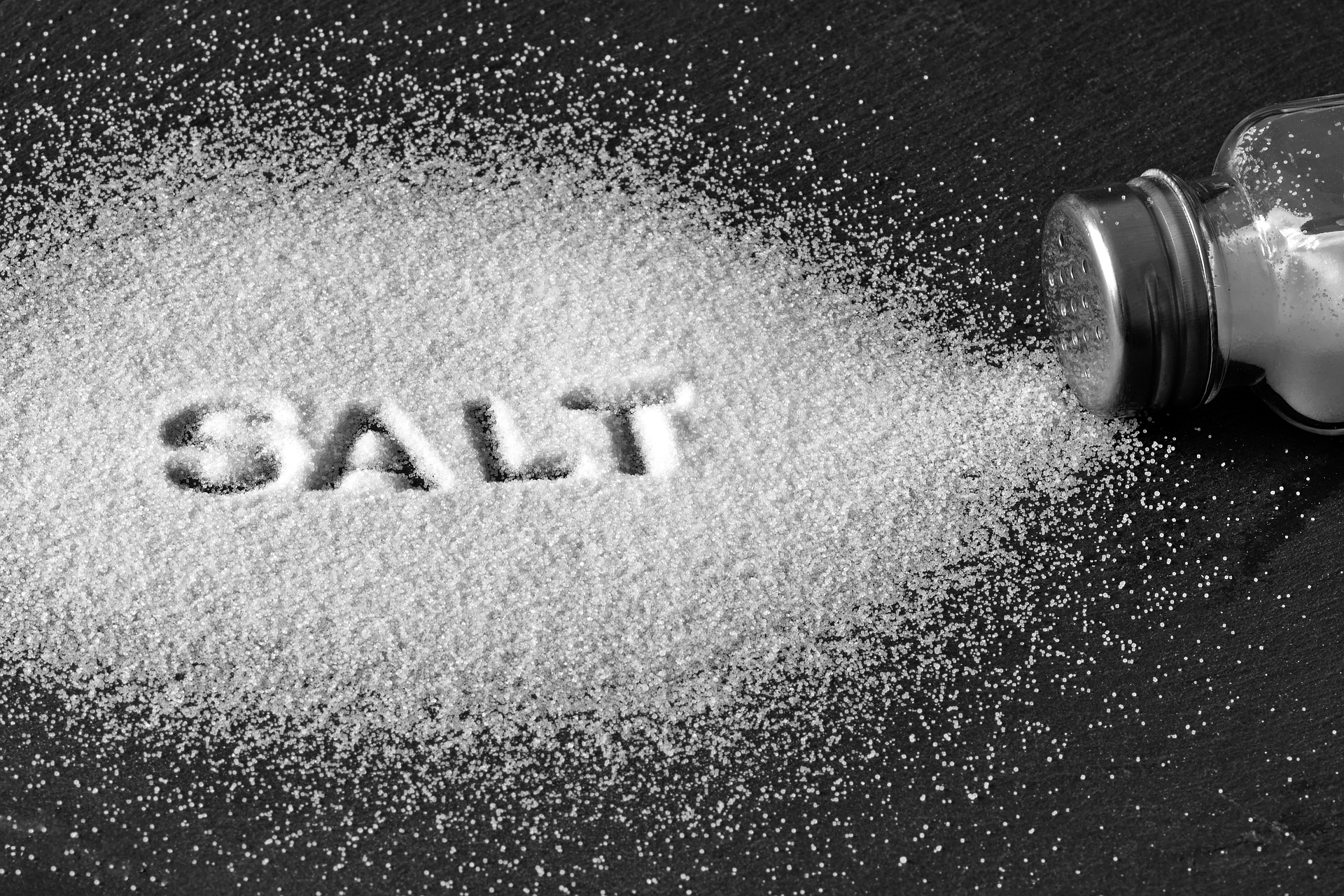The war on salt is doing more harm than good – the worldwide low salt intake policy is based on faulty research methods and illogical reasoning:
- Sodium consumption is not the root cause of the worldwide hypertension epidemic.
- Lowering blood pressure (BP) by reducing sodium intake is equivalent to taking a diuretic to palliate the symptoms, which distracts the public from identifying and addressing the real root causes.
- Sodium is an essential mineral – humans cannot survive without it. Thus, there must be an optimal range, and the linear relationship between sodium intake and total (all-cause) mortality, implying the less sodium intake the better, cannot be correct.
- With few exceptions, to assess the effectiveness of an intervention or treatment (e.g., a prescription drug, a dietary supplement, or a specific diet), the most important and meaningful measure is total mortality, not the incidence or mortality of a specific disease.
- Existing evidence altogether shows the relationship between sodium intake and total mortality is U-shaped – too little sodium intake increases the risk of death.
- Large studies have shown the optimal sodium intake range for overall health is between 3 and 5 g per day (7.5 – 12.5 g salt per day).
- Sodium intake restriction is an option only for those who are hypertensive and sensitive to salt consumption, but the benefit (low BP) and harm (high total mortality) need to be balanced.
- The worldwide low sodium intake policy is hurting too many people with a trusting mind and following the recommendation.
- The academic communities, professional associations, government agencies, and the public need to focus on the root causes of hypertension, which is not salt. Of course, there is no need to eat more salt than needed.




Leave a Reply